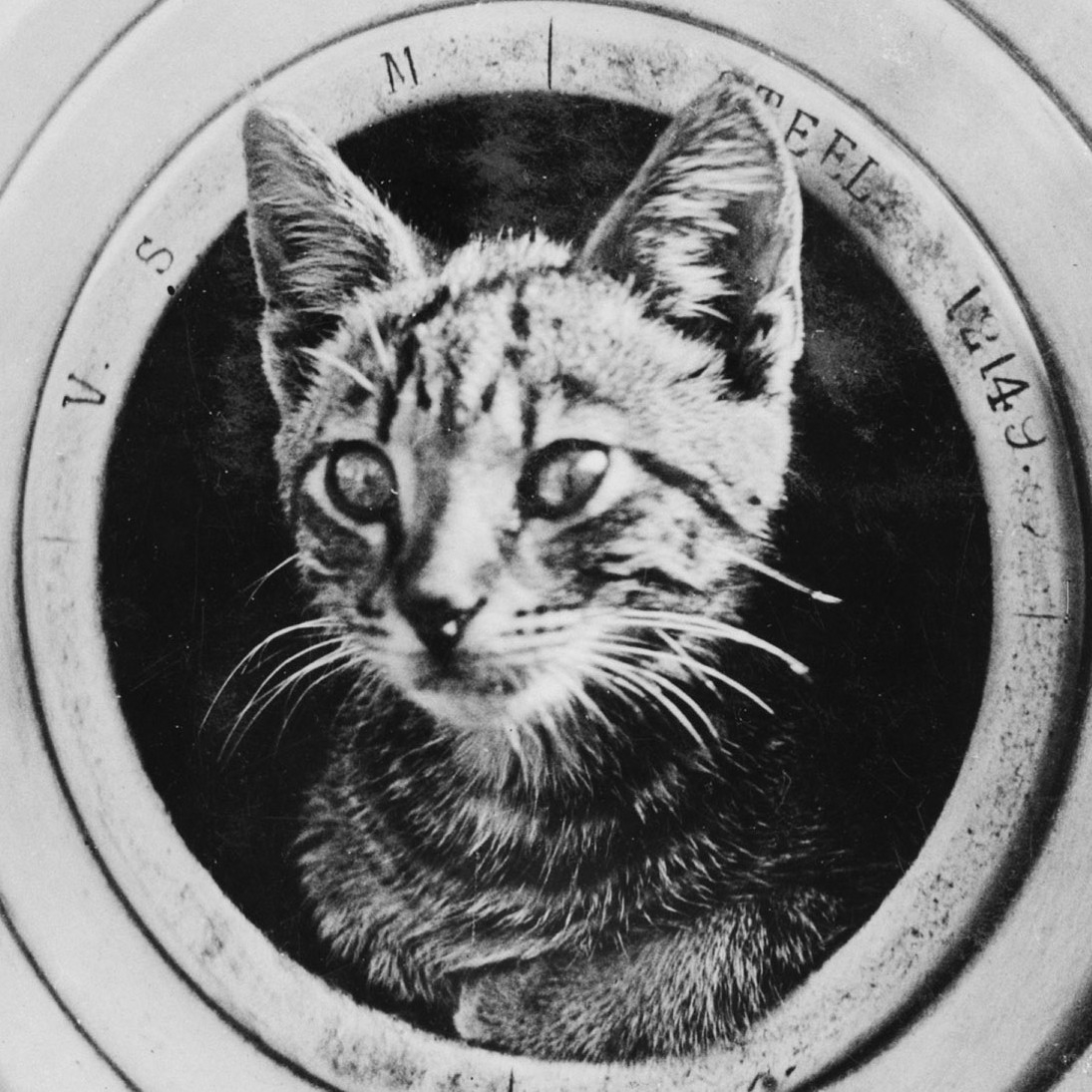- cross-posted to:
- [email protected]
- cross-posted to:
- [email protected]
Bill Gates says a 3-day work week where ‘machines can make all the food and stuff’ isn’t a bad idea::“A society where you only have to work three days a week, that’s probably OK,” Bill Gates said.
No one wants to work. They want to feel valued, and be productive. So let’s just make it where working isn’t a necessity, pls.
I don’t want to feel valued or productive, so I don’t work
You can get both of those things without working. But if you don’t want them, that’s fine.
He’s ok with it as long as the machines are all running Windows, and he gets his fair share.
I don’t think ol’ Billy cares much about Windows anymore, I’ll be honest.
Given that he has flirted heavily with Samsung as of recently.
If machine’s make everything how can we have work for everyone? Even for 3days a year
I think the point is to look past the idea of having to work just for the sake of an income.
I believe the saying is that machines makes most of the manufacturing, simple and mundane services. Humans could then focus on research and development (improving machines), improving our living standard, medicine psychology and so on. And have time to do what you like.
If you listen to sam altman the agi, amachine that improves itself and can do research is 5yr away. Probs marketing talk.
What will happen is some people will work more then that at second jobs for more money, and then that will drive down wages for everyone else.
Crap, now all the braindead covid conspiracy theorists are going to roll this into their “15 minite cities are open air prisons” conspiracies
I mean…isn’t your pattern recognition starting to ring a little bit?
Literally what bro
Pattern recognition, do you have it?
I’m recognizing a pattern in your comments all right
Is it irritation?
No.
Because I’m not under the self-important delusion that everything is part of a grand conspiracy out to get me.
It doesn’t ever matter to you people how obvious it becomes over time. Like three years ago when a ridiculous number of people seemed to beleive the policies then wouldn’t result in the reality now, no matter how hard we tried to tell you.
I have learned over the years that reasoned discussion is impossible at this point. You are firmly fixed on your opinions, and I am moderately fixed with mine, and the gulf in between is large.
So I will simply bid you good day.
I’ve not stated an opinion or theory. I asked if you can think.
My pattern recognition tells me there are faces in clouds too, should i believe in cloud giants?
Yes you should, that’s totally the same thing as recognizing trends over time.
You skipped class on the “correlation does not mean causation” day didn’t you?
People who believe in this insane shit shouldn’t be allowed to vote… in fact, should be in literal prisons, as they’re a danger to themselves and society.
Cultural conservatives (including many leftists) believe that social liberals are a danger to themselves. That’s not a precedent that you want to start.
Just for interesting learning, what leftist groups would you consider to be cultural conservatives?
Tankies.
Apologists for Lenin, Stalin, Mao, the CCP, the DPRK, and any other authoritarian genocidal cult that champions “collectivism” for the “people”.
Analogous to the pigs in Animal Farm.
I wouldn’t say that there’s any specific group.
Anyone who votes conservative against their economic opinions would qualify.
I didn’t name a conspiracy theory. I asked if you had pattern recognition. It would seem not.
So, you don’t believe in voting as a human right, and you think prisons have ever solved even a single solitary thing in their entire history?
Miss me with that lmao
Walkable cities would be an absolute hellhole, but not for the reasons that conspiracy theorists are claiming. Packing everyone in densely enough to make everything walkable will be a hellhole.
We need affordable options for transportation. Bad weather and the cold also require enclosed vehicles that can’t tip over.
Packing everyone in densely enough to make everything walkable will be a hellhole
Have you ever heard of the concept of “cities”? Everything important is within walking distance in the capital of my country and if not there is great public transport.
I’m sure they’re aware. Hell is other people.
The term walkable includes public transportation. It’s a multiplier on what locations are considered accessible without owning a car. Common misconception.
Walkable cities exist. They’re quite nice.
A lot of words to to express “I’m an American who doesn’t even have a passport.”
Can’t even imagine a walkable city, and talking about it like it’s a far-off sci-fi concept, rather than a lot of peoples’ actual everyday life. Yikes.
It would be a great idea except it’s incompatible with capitalism. It would take away a lot of jobs from less privileged people and society would do nothing to support them. These people could then be exploited even harder due to job scarcity.
Would be nice though if we could have nice things.
Capitalism and automation cannot coexist. Fallout 76 players know it very well.
Fuck Bill gates
As an end goal, with something like UBI and rescaled salaries etc … yes, this obviously true.
The catch is that there’d be a transition period, with uncertainties and states of incomplete capacity either from the AI or the implementation of the rearrangements of salaries etc.
In that phase, there will be opportunities for people or companies to acquire power and wealth over this new future. Who will make and sell the AIs? Who will decide what gets automated and how and with what supervision. That’s where the danger lies. It’s a whole new field of power to grab.
that’s not a problem because I plan on rising to power soon and will not let that happen
Woah there LeroyJenkins, we don’t need you rushing in too soon now
We need to have a plan in place first
I disagree, I vote for Leroy Jenkins to have all the power! All hail our new randomly selected overlord! 😁
Nah, Bill said where the machines make the food. So, we’re good. Least we got chicken.
oh my God he just ran in…
God dammit leroy
It’s not a bad idea, but it also can’t exist without a complete re-haul of what it means to live in modern society. Right now, replacing workers and cutting hours means people don’t have enough money to live. That is not an acceptable result of automation. I’m not qualified enough to have a reasonable solution to this, but I know it needs to be addressed before we get to that point.
The machine doesn’t require a salary but instead of sending the money it saves to the workers it replaces it is added to the yearly profits, a three day work week with more automatisation can’t happen before that last part is reversed or there’s extreme deflation happening to compensate for lower wages.
Let’s just keep doing what we’re doing now
Isn’t this the primary argument for universal basic income? If you’re keeping unnecessary jobs around just to give people something to do, you’re not actually keeping them for contributions to society… In the long run ubi could probably even be cheaper than paying to prop up obsolete and wholly unnecessary industries.
If everyone gets UBI, I assume it is still optional to work. Otherwise no one would produce goods and services that we consume in order to live. Or at least fixing the robots.
I assume the incentive for that is additional income.
Wouldn’t this then create an even larger gap in income inequality? And further dilute the spending power of those who are only able to collect UBI?
It would, yes. But, the argument is that a person who wants a higher quality of life than “simply living” would be expected to work.
The right to life is, this way, protected - the right to a quality life, similar to today, would still have to be earned. This is in addition to the social pressure to work.
Also, one idea is that UBI would give people the financial space to pursue their own interests which in turn could easily --at least in some cases-- be turned into productive businesses of their own.
Some of you [all rich folks] may cry but its a sacrifice I am willing to make
I do wonder if this is even a money thing as even OpenAI has warned investors that money in the future is not certain. Maybe we are going to be forced to look to alternatives other than money as the means of value?
Look at this guy who doesn’t have billions he made from the 90s and 2000s to rely on!
In 2010 Bill Gates was worth 50 Billion. He is now worth 117 Billion.
He ain’t exactly coasting. He just has a higher PR budget than he did back in the 90s.
Yeah no shit. The problem is that capitalism hates it.
“Hmmm… Solve world hunger…Why don’t we do that?..”
“Sir, your dinner is ready.”
“The flies were wild caught yes?”
“From Botswana sir. Just as you like.”
Slurp
The Netherlands, Switzerland, Austria, Hungary and Denmark are all capitalist societies and run on <5 day work weeks. Capitalism is not the problem, North American society in particular is what seems to have the problem.
Netherlands, Switzerland, Austria, Hungary and Denmark
Each of which have about 2-4x union participation than USA, for example. Which indicates to me that they’re doing a better job of keeping capitalism at bay, not that capitalism is more benevolent in those countries.
That’s The Jetsons, Bill. You’re describing the setting of The Jetsons.
I mean, I wouldn’t be opposed to that kind of lifestyle, so long as you don’t ascribe to the fan theory that the Flintstones takes place on the ground below the towers
So some kind of techno quasi-socialism. Sounds great. I wonder who’s gonna get in the way of that, Bill?
Great. Now tell us about your flights on Epstein’s plane.
I wish him to become a monk or someone like that, and disappear forever



















